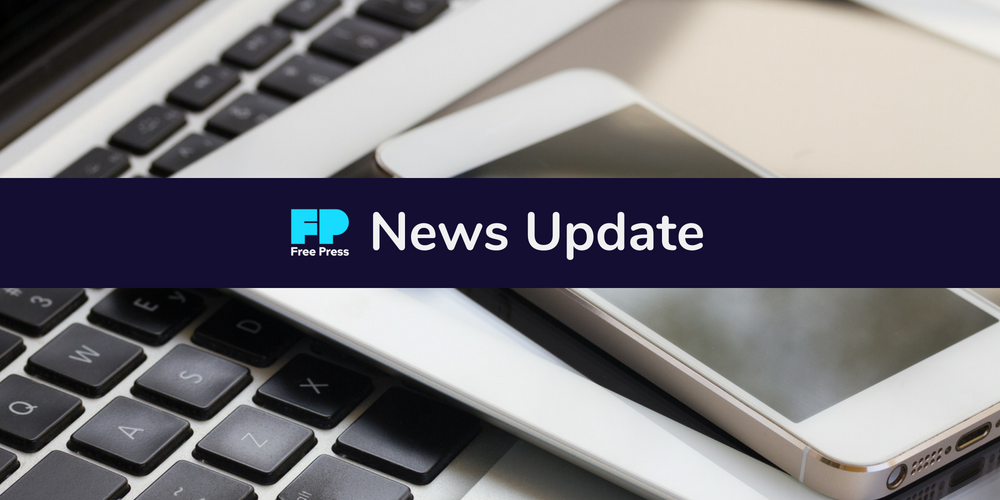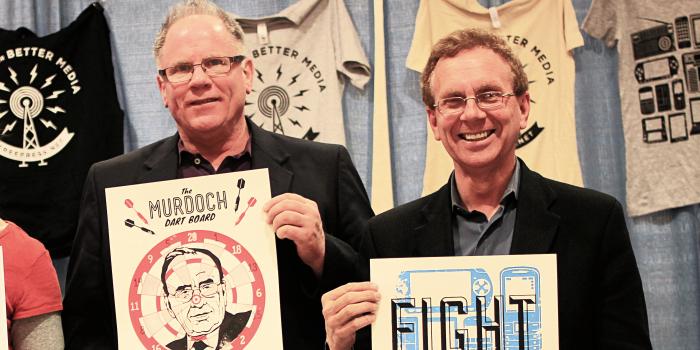HEROES Act Redux Provides Billions for Broadband, Shines Light on Senate and Trump Intransigence

WASHINGTON — On Thursday evening, House Democrats passed a revised version of the HEROES Act, sorely needed COVID-19 relief that includes billions of dollars for emergency broadband-benefit programs.
As it did when the House passed the original HEROES Act in May, the bill includes a $50 per month broadband benefit available to current participants in the Federal Communications Commission’s Lifeline program, other public benefits recipients, and those who’ve lost jobs or income due to the crisis. It also increases funding available to schools and libraries for internet connections and devices that people and families can use at home instead of just on school or library grounds.
The legislation makes it unlawful for broadband providers to shut off services to individuals and small businesses during the pandemic emergency period, or to impose data caps and overage fees while people are at home and relying on their internet connections. And it incorporates the COVID-19 Compassion and Martha Wright Prison Phone Justice Act, lowering exorbitant phone and internet fees charged to the families of incarcerated individuals.
The Senate majority refused to even consider the original HEROES Act. Efforts to strike a deal with the White House reportedly have not been successful either, but the House’s re-passage of the slimmed down HEROES Act keeps the onus on the Trump administration and Senate Republicans to act.
Free Press Action Vice President of Policy and General Counsel Matt Wood made the following statement:
“This revised HEROES Act carries forward good ideas in the original legislation passed by Speaker Pelosi and the House majority in May. Senate Republicans have sat on their hands and plugged their ears against calls for help for more than half a year now. But broadband is an essential service at any time, and especially when people are staying home and trying to stay online for work, school, civic engagement, and social activities too.
“The biggest digital divide we face is not the number of people lacking any broadband options at all, it’s the tens of millions who can’t afford adequate internet at home. People of color, people with working class incomes or living near the poverty line, and others hit hardest by this economic downturn, are most in jeopardy of getting shut-out and shut-off from this vital connection.
“Mitch McConnell and other Republicans have repeatedly signaled their unwillingness to take up another serious COVID-19 relief effort like this one. It’s a shame that deriding meaningful and necessary spending as a liberal wish-list is the best they can muster. There’s nothing partisan or excessive about providing the funding people need to stay afloat during this incredibly difficult time.”
###




